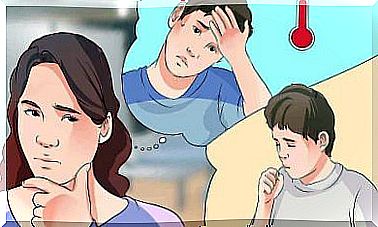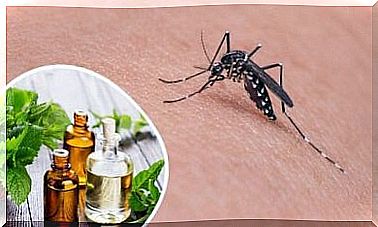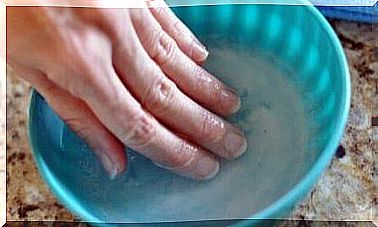What To Do In Case Of Drug Poisoning
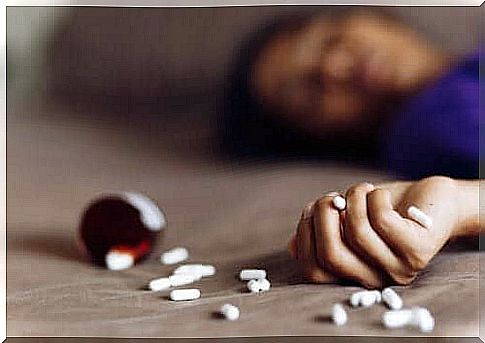
The symptoms and consequences of drug poisoning depend on the medication, but they can all be equally fatal. In this article, we look at the different types of poisoning, the indications to identify them, and the immediate steps to follow.
Five types of drug poisoning
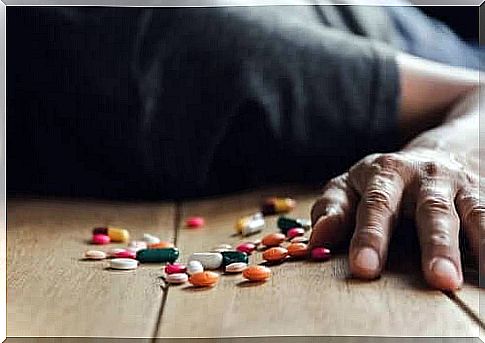
The five types of drug poisoning are based on different factors and depend on:
1. The magnitude of clinical complications
When it comes to drug poisoning, its complications range from mild to moderate to severe.
2. Characteristics of the onset of drug poisoning
Symptoms of drug poisoning can be immediate or delayed, as some drugs are fast-acting, while the effectiveness of some occurs only after a certain period of time.
- Irreversible or curable poisoning: In the case of curable poisoning, a person is able to recover as soon as the substance is removed from the body. However, the damage is irreversible in the opposite scenario. It all depends on the damaged organ and its function. Irreversible and curable symptoms can occur simultaneously.
- Local or systemic poisoning: Local poisoning occurs when a toxic substance causes damage in the same place through which it comes into contact with the body. However, there are some substances that can affect the body in a systemic or general way. Combinations of both of these may also occur.
3. Onset of symptoms
Depending on the time it takes for symptoms to appear, we can classify poisonings as follows:
- Acute poisoning: In such cases, symptoms appear in less than 24 hours and their development may vary.
- Subacute poisoning: Such cases occur at different levels and thus the symptoms do not appear immediately but after several days.
- Chronic poisoning: These occur after continuous or repeated absorption of a toxic substance. It can be absorbed to a small extent, but it accumulates in the body. This is the most difficult type of drug poisoning to treat.
4. The cause of the drug poisoning
Considering how drug poisoning occurs, we can divide them into:
- Intentional: These are intentional poisonings, such as suicide attempts.
- Harmful: These happen quite often when it comes to medication. They are caused by mixing, overdosing, or combining with other drugs or substances, such as alcohol.
5. How to take the medicine
We can classify digestive poisonings depending on the method of medication. It can be either an inhaled, transdermal, or intravenous drug.
Signs of drug poisoning

- Dizziness and headache are common symptoms in patients with drug poisoning. However, patients may have other clinical manifestations.
- The symptoms of drug poisoning depend on the type of drug involved, the method of taking the drug, and the characteristics of the individual. Thus, the consequences can also vary and may be fatal in some cases.
Symptoms of drug poisoning
Here are some initial signs or symptoms that may be general or non-specific:
- Dizziness, headache and confusion
- Drowsiness or hyperactivity and difficulty moving
- Cardiac and respiratory disorders
- Nausea and vomiting
- Changes in vision and speech
- Diarrhea, abdominal pain
- Burning and / or redness of the lips and mouth and, in some cases, rash
What should be done in the event of drug poisoning?
You should act quickly and stay calm if you suspect someone is suffering from drug poisoning. Symptoms of poisoning may take some time to appear. If you suspect poisoning, don’t wait for the first symptoms to appear.
The first thing you need to do is call your local poison control center immediately. Your doctor will respond and you can then explain the situation, your symptoms and the medicines you suspect, as well as any other details your doctor may ask you to help.
If you know the medicine that led to the poisoning, your doctor may give you first aid instructions. Or if necessary, he can ask you to call the emergency number.
In the meantime, monitor and evaluate the respiratory tract, respiration, and pulse of the poisoned person. Do not induce vomiting unless instructed to do so by a healthcare professional.
Summary
In the event of a drug poisoning, the first aid you give before the help of professionals can save lives. Keep in mind that you must always do so under the supervision and advice of a medical professional.

